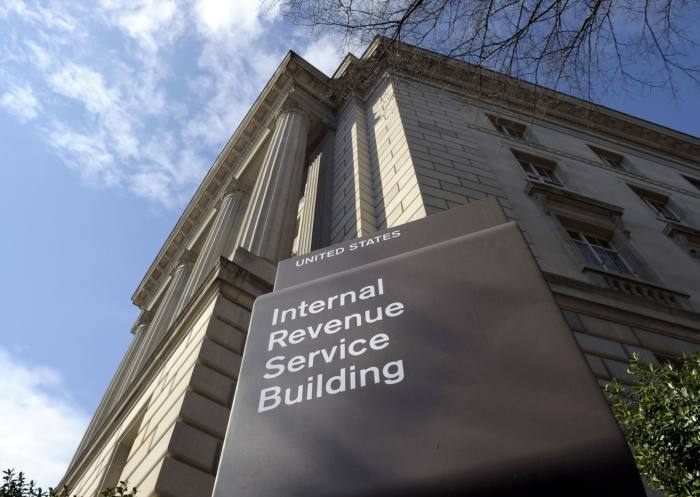
The US government has long been concerned about US citizens hiding sums abroad in order to avoid US taxes.
Between 2007 and 2010 the Internal Revenue Service (IRS) investigated several foreign banks, including UBS and Deutsche Bank, in light of allegations they had helped US taxpayers to hide billions of income abroad.
This resulted in huge settlements being paid by those banks to the IRS.
In order to compel overseas banks and brokers to disclose US-owned wealth and to prevent these situations from occurring in the first place, the US Congress passed a federal law in 2010 called the Foreign Account Tax Compliance Act as part of a wider package of legislation.
Over 100 countries have signed agreements with the US to implement FATCA.
If a country does not sign up, the US tax authorities can impose a punitive withholding levy on income and capital gains on US-based investments for investors from that country.
The UK is one of the countries that signed up, and parliament passed legislation such that, with effect from 1 July 2014, FATCA became part of UK law.
The rest of the world
In 2014, the intergovernmental economic organisation the Organisation for Economic Cooperation and Development (OECD) created its own information-sharing standard based on FATCA called the Common Reporting Standard.
Again the aim was to prevent tax evasion, but with CRS its ambit was more global and cooperative than FATCA, given all countries that sign up agree to share information with all other countries.
Over 100 countries have signed up to CRS, from Cayman Islands to Switzerland to Singapore. These countries are referred to in the rules as reportable jurisdictions.
(There was also a short-lived reporting regime from a UK perspective towards the Crown Dependencies and Overseas Territories, known as a CDOT. However, this has since been folded into CRS.)
The UK signed up to CRS with effect from 1 January 2016. This means the UK is now legally bound to follow both FATCA and CRS.
What are the rules not about?
Before we get onto the rules, it’s important to mention that FATCA and CRS are not about blocking accounts for individuals who are tax resident elsewhere.
That said, US clients might find that some providers do still prevent them from opening accounts.
There are various rules that apply to US clients based in the UK, which can make them more costly to provide accounts for. FATCA itself, however, does not require that accounts are blocked.
It is also important to distinguish FATCA and CRS from MiFID II.
MiFID II is an EU directive that aims to prevent market abuse. Where it can appear similar to FATCA and CRS is that it requires providers to ask customers for their nationality.
Customers are also required to provide a National Client Identifier (NCI). In some cases, the same identifier can be used as an NCI in MIFD and as a Tax Identification Number (TIN) in FATCA/CRS.





